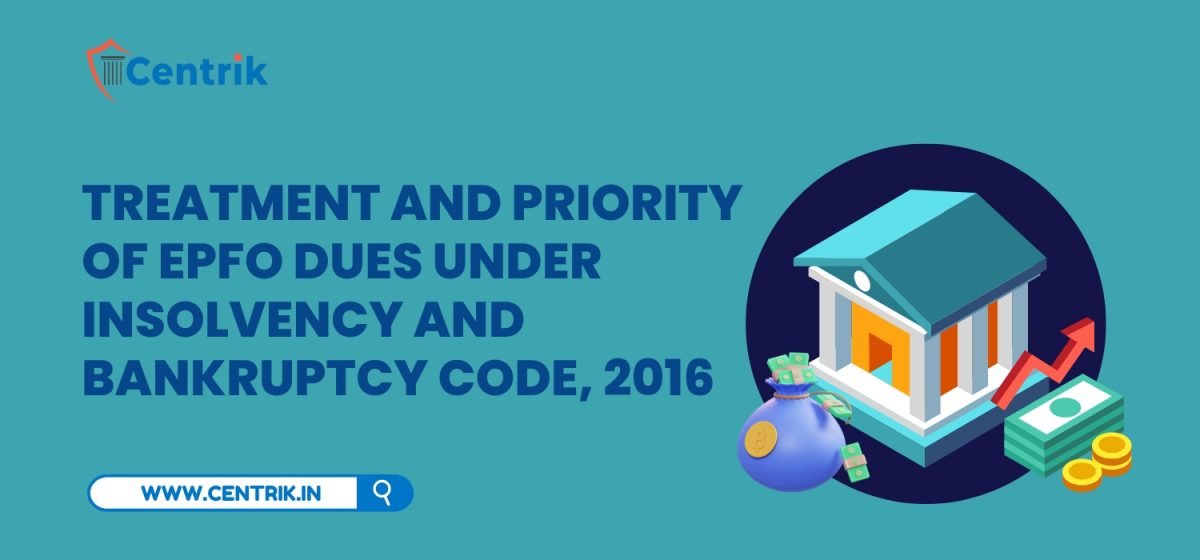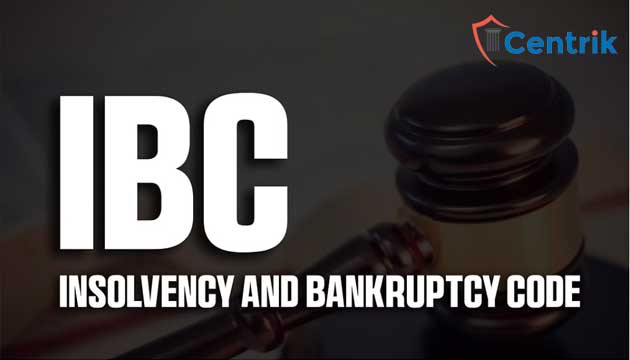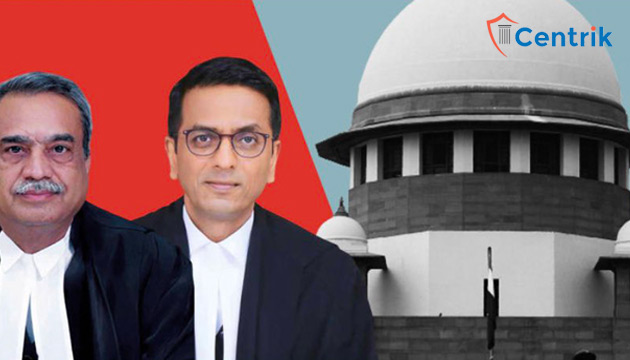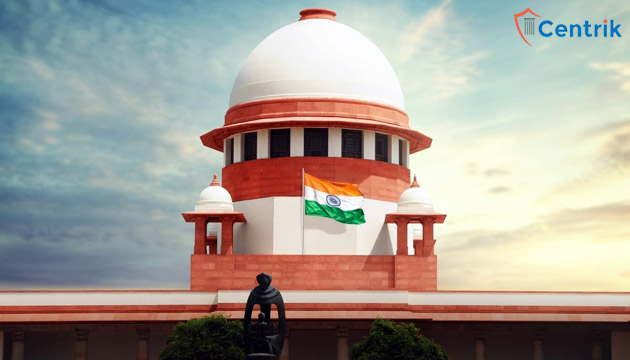Treatment and Priority of EPFO dues under Insolvency and Bankruptcy Code, 2016 (“IBC”)
The provisions Insolvency and Bankruptcy Code, 2016 specifically provides for treatment for all sums due to any workman or employee from the provident fund, the pension fund and the gratuity fund. Further, in the present scenario there is much debate on the admissibility of the claim of EPFO under Sections 7Q and 14B for which … Continue reading “Treatment and Priority of EPFO dues under Insolvency and Bankruptcy Code, 2016 (“IBC”)”















 join For Updates
join For Updates